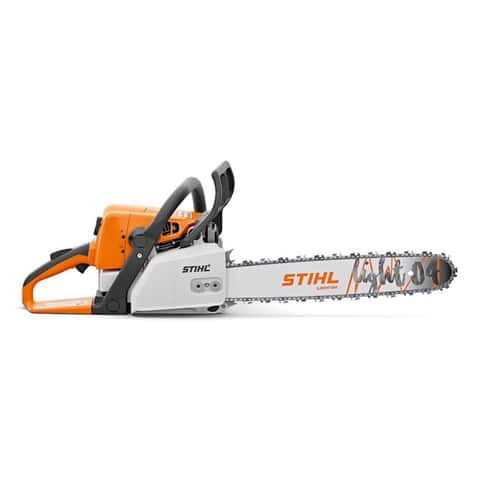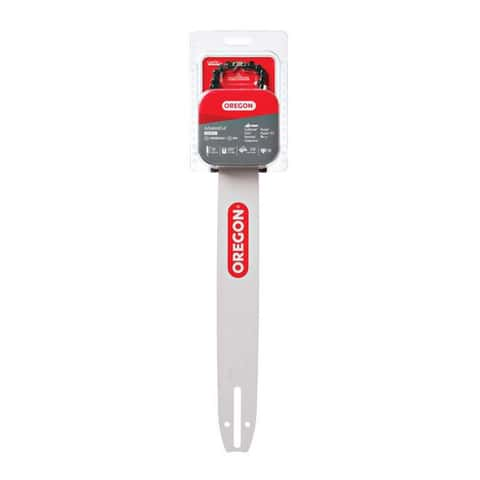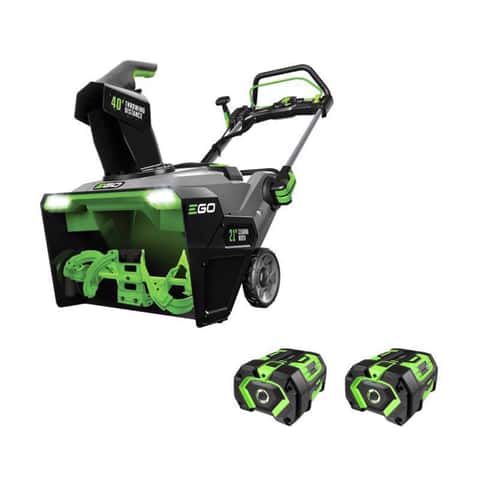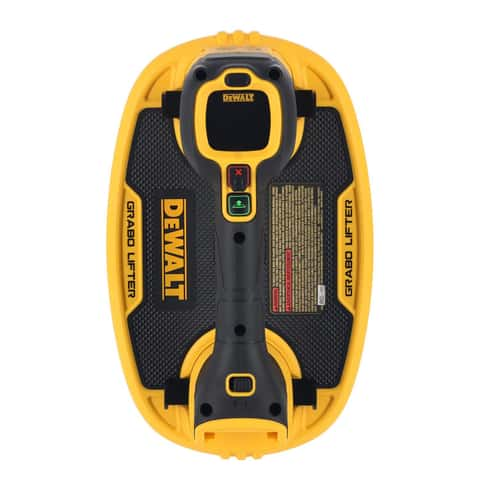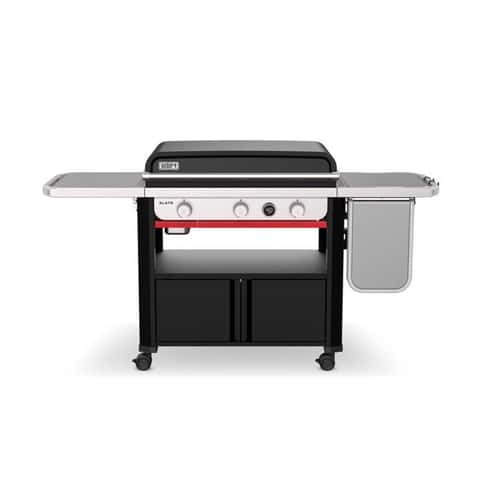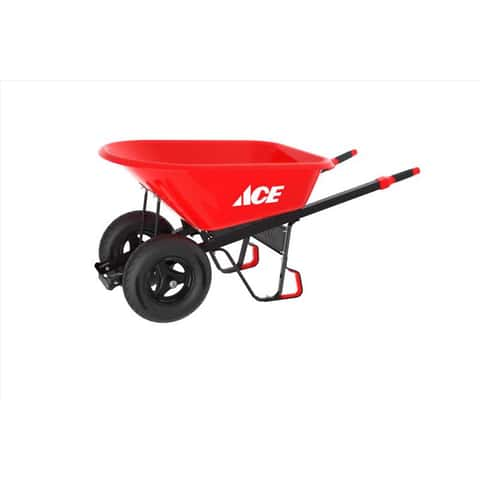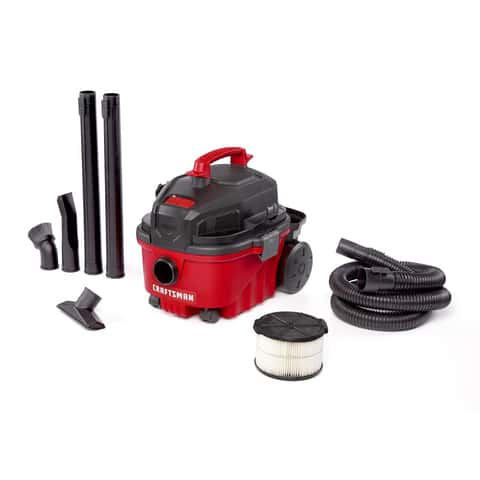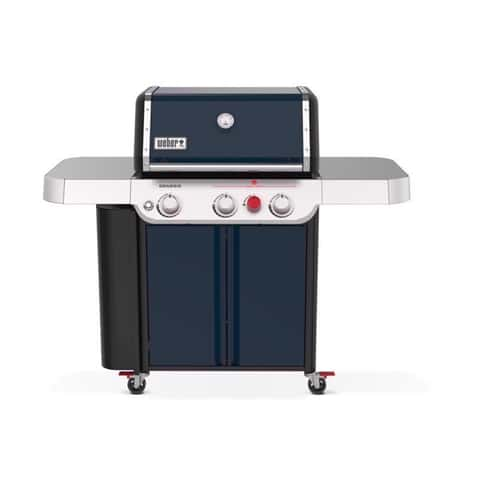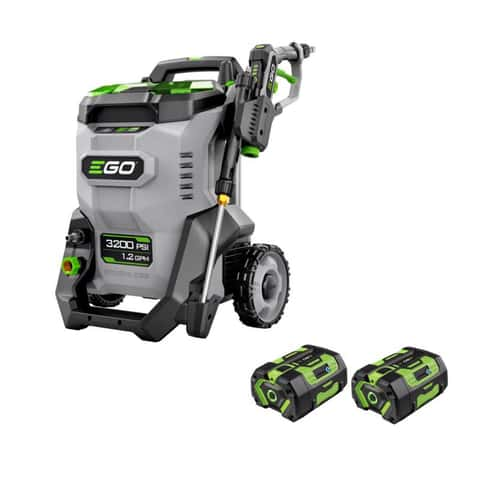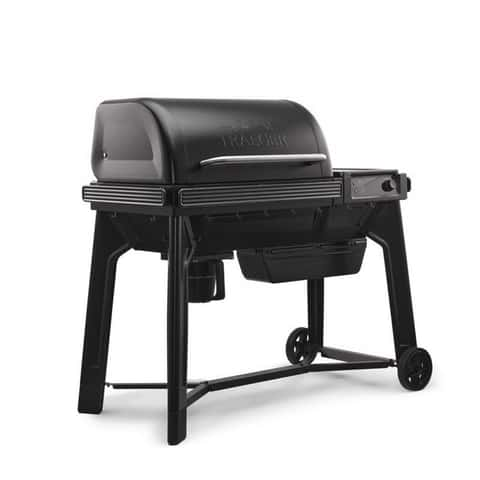When choosing 4×4 wheels for your vehicle, consider wheel size, material, and tread design. Larger wheels improve traction but may affect ride comfort and fuel efficiency. Opt for lightweight aluminum for better handling or durable steel for off-road toughness. Pay attention to the tread pattern, as aggressive designs are best for uneven terrain. Confirm the wheels fit your vehicle’s specifications by matching bolt patterns, offsets, and load ratings. Also, factor in your budget for both initial costs and long-term maintenance. Making informed choices sets you up for better performance, and there’s more to explore on maximizing your 4×4 experience.
Understanding Wheel Size
When choosing 4×4 wheels, understanding wheel size is vital to guarantee ideal performance and fit for your vehicle. Specialists in 4X4 wheels emphasize that the wheel diameter directly impacts handling and ride quality, so it’s important to select a size that complements your vehicle’s specifications.
Larger diameters can enhance traction and ground clearance, but they might also affect fuel efficiency and ride comfort.
Additionally, pay attention to offset specifications, which determine how your wheel sits in relation to the hub. An incorrect offset can lead to handling issues or excessive wear on suspension components.
Material Options for Wheels
When choosing wheels for your 4×4, the material you select plays a vital role in performance.
You’ll need to take into account the differences between aluminum and steel wheels, as each has its own weight and performance impact.
Additionally, think about how corrosion resistance factors into your decision, especially if you often drive in challenging conditions.

Aluminum Vs. Steel Wheels
Choosing between aluminum and steel wheels for your 4×4 vehicle directly impacts performance, weight, and aesthetics.
Aluminum advantages include lightweight construction, which can improve handling and fuel efficiency. Plus, they often come in various stylish designs, allowing you to customize your ride’s look.
On the other hand, steel wheels are known for their durability, making them ideal for off-road conditions and heavy loads. They’re less likely to bend or crack when hitting rough terrain, offering peace of mind during your adventures.
However, they tend to be heavier and may not offer the same aesthetic appeal as aluminum.
Ultimately, your choice should reflect your driving style and the specific demands of your vehicle.
Weight and Performance Impact
The weight of your 4×4 wheels greatly affects your vehicle’s performance, influencing everything from acceleration to fuel efficiency. Lighter wheels improve acceleration and handling, while heavier wheels may provide more stability but can hinder performance.
When choosing wheel materials, consider how they impact wheel balance; a well-balanced wheel reduces vibrations and enhances ride quality.
Don’t overlook the load rating, either; it’s vital to guarantee your wheels can handle the weight of your vehicle and any additional cargo. If you frequently drive off-road or carry heavy loads, you may prioritize strength over weight.
Ultimately, finding the right balance between weight, wheel balance, and load rating is essential for optimizing your 4×4’s performance.
Corrosion Resistance Factors
Corrosion resistance is essential for 4×4 wheels, as the right material can protect against harsh weather and off-road conditions. When selecting wheels, consider materials like aluminum or stainless steel, which offer excellent corrosion prevention.
Aluminum is lightweight and resists rust, while stainless steel provides superior strength and durability.
Additionally, look for wheels with protective coatings, such as powder coating or anodizing, which enhance resistance to corrosion and wear. These coatings create a barrier against moisture, dirt, and road salt, prolonging the lifespan of your wheels.
Tread Design Considerations
When choosing 4×4 wheels, the tread design plays an essential role in your vehicle’s performance.
You’ll want to take into account how the tread pattern affects traction and grip on various terrains, as well as the noise level while driving.
Understanding these factors will help you select the right wheels for your adventures.
Terrain Compatibility Factors
Choosing the right tread design for your 4×4 wheels can greatly enhance your vehicle’s performance on various terrains. You’ll want to take into account how different tread patterns affect your ride in off-road conditions.
For example, aggressive, deep treads are ideal for loose surfaces like mud or sand, while less aggressive patterns work better on hard-packed dirt or gravel.
Understanding tire compatibility is vital, too; make certain your chosen tread design aligns with your vehicle’s capabilities.
Additionally, it’s important to reflect on the weather conditions you’ll encounter. If you frequently drive in wet or snowy environments, look for treads that offer superior water evacuation and grip.
These factors will guarantee your 4×4 performs at its best, no matter where you go.
Traction and Grip
Traction and grip are essential elements influenced by tread design, directly affecting your 4×4’s ability to maintain control on slippery or uneven surfaces.
When selecting the right wheels, consider the following:
- Tread pattern: Deep grooves and aggressive patterns enhance grip in mud and snow.
- Rubber compounds: Softer compounds provide better traction but wear faster.
- Tire pressure: Properly adjusted tire pressure guarantees ideal contact with the road, maximizing grip.
- Traction control features: Some wheels come with built-in technology to improve handling on challenging terrains.
Noise Level Impact
While maintaining grip is important, the noise level generated by your 4×4 wheels also plays a significant role in your driving experience.
When choosing wheels, consider the tread design, as it impacts both traction and noise. A more aggressive tread might offer better grip off-road, but it can create a louder ride on paved surfaces.
Look for wheel designs that balance performance with reduced noise levels; some feature patterns specifically engineered for sound insulation. Additionally, rubber compounds can influence noise absorption, so don’t overlook this aspect.
Compatibility With Vehicle
Verifying your 4×4 wheels are compatible with your vehicle is essential for ideal performance and safety. To achieve this, you’ll need to take into account the following factors:
- Vehicle specifications: Check your vehicle’s manual for the required wheel size and type.
- Wheel offsets: Verify the wheel offsets align with your suspension setup to prevent handling issues.
- Bolt pattern: Match the bolt pattern of the wheels with your vehicle to secure proper fitment.
- Load rating: Confirm that the wheels can support your vehicle’s weight and intended use.
Impact on Fuel Efficiency
Choosing the right 4×4 wheels not only affects compatibility with your vehicle but also plays a significant role in fuel efficiency.
Heavier wheels can negatively impact your vehicle’s performance, leading to increased fuel consumption. Opt for lighter wheels that enhance aerodynamic efficiency, allowing your vehicle to cut through the air more smoothly.
Additionally, maintaining proper tire pressure is essential; under-inflated tires can cause greater rolling resistance, further reducing your fuel economy. Regularly check your tire pressure to guarantee peak performance.
Budget and Cost Factors
When selecting 4×4 wheels, it’s crucial to take into account your budget and the long-term costs associated with your purchase.
Investing in quality wheels is a long-term investment that can save you money over time. Here are some budget considerations to keep in mind:
- Initial Pricing Strategies: Compare prices from various suppliers to find the best deal.
- Maintenance Costs: Factor in long-term maintenance and replacement costs.
- Performance Impact: Consider how wheel choice affects fuel efficiency and wear on other vehicle components.
- Resale Value: Higher-quality wheels may retain value better, impacting your overall investment.






